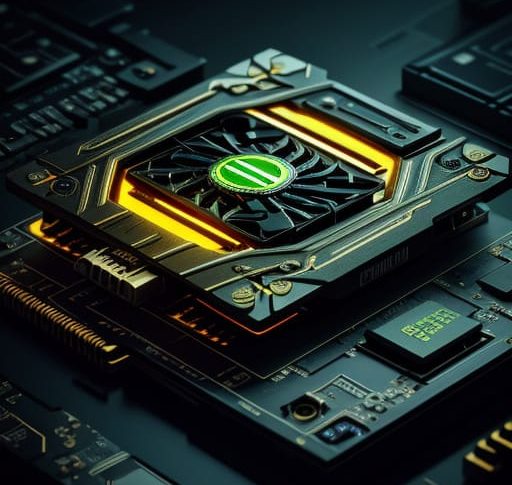Nvidia, AMD Agree to 15% Revenue Tax on China AI Chip Sales in Historic Pact
Nvidia and Advanced Micro Devices Inc. have agreed to pay 15% of their revenues from AI chip sales in China to the U.S. government in securing export licenses.

Quick overview
- Nvidia and AMD will pay 15% of their AI chip sales revenue in China to the U.S. government for export licenses.
- This arrangement may surprise both U.S. companies and Beijing, reflecting ongoing trade negotiations under President Trump.
- The selective export tax has little precedent and could complicate U.S.-China relations, especially regarding national security concerns.
- Critics argue that this deal may weaken the U.S.'s negotiating position with allies on export restrictions.
Nvidia and Advanced Micro Devices Inc. have agreed to pay 15% of their revenues from AI chip sales in China to the U.S. government in securing export licenses.
This unexpected arrangement could catch both U.S. companies and Beijing by surprise. A source close to the matter revealed that Nvidia will share 15% of the revenue generated from the sales of its H20 AI accelerator in China.

The deal reflects U.S. President Donald Trump’s ongoing effort to create a financial payout for America in exchange for trade concessions, the source said, but the details are not yet known. His administration has also shown a willingness to ease trade conditions, such as tariffs, in exchange for large investments in the United States, like Apple Inc.’s pledge to spend $600 billion on domestic manufacturing.
Such a narrow, selective export tax has little precedent in modern corporate history. A chip tax is unlikely to win over Beijing, which has become more antagonistic toward the idea of Chinese companies using the H20.
The chip’s alleged security flaws and inefficiencies were criticized on Sunday by Yuyuantantian, a social media account connected to the state-run China Central Television that frequently conveys Beijing’s views on trade.
The agreement risks undermining the United States’ national security justification. “U.S. export restrictions,” stated Jacob Feldgoise, a researcher at the Center for Security and Emerging Technology in Washington, DC. He added that it “will probably weaken the US’ position when negotiating with allies to implement complementary controls.”
“Allies might not think U.S. legislators are prepared to exchange those same national security concerns for financial leniency, either from the U.S. businesses or foreign administrations. A representative for Nvidia stated that the company.
- Check out our free forex signals
- Follow the top economic events on FX Leaders economic calendar
- Trade better, discover more Forex Trading Strategies
- Open a FREE Trading Account
- Read our latest reviews on: Avatrade, Exness, HFM and XM


